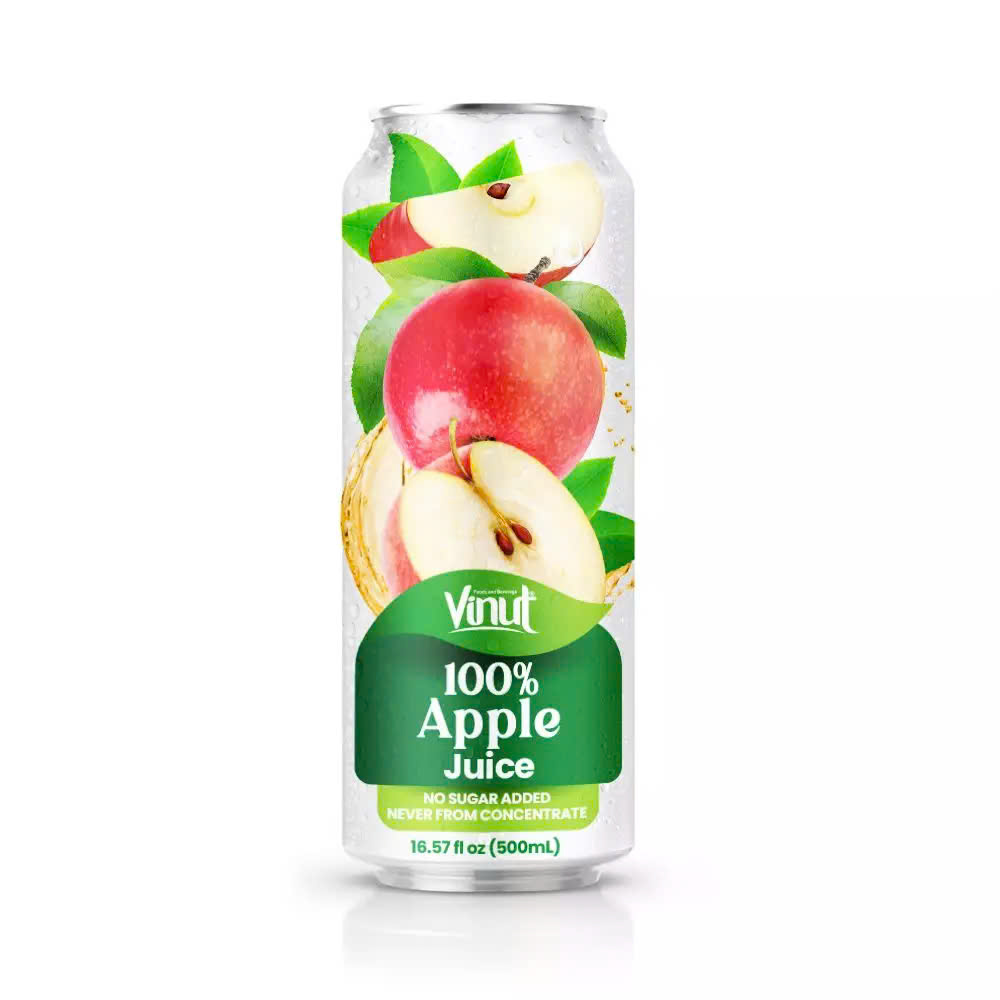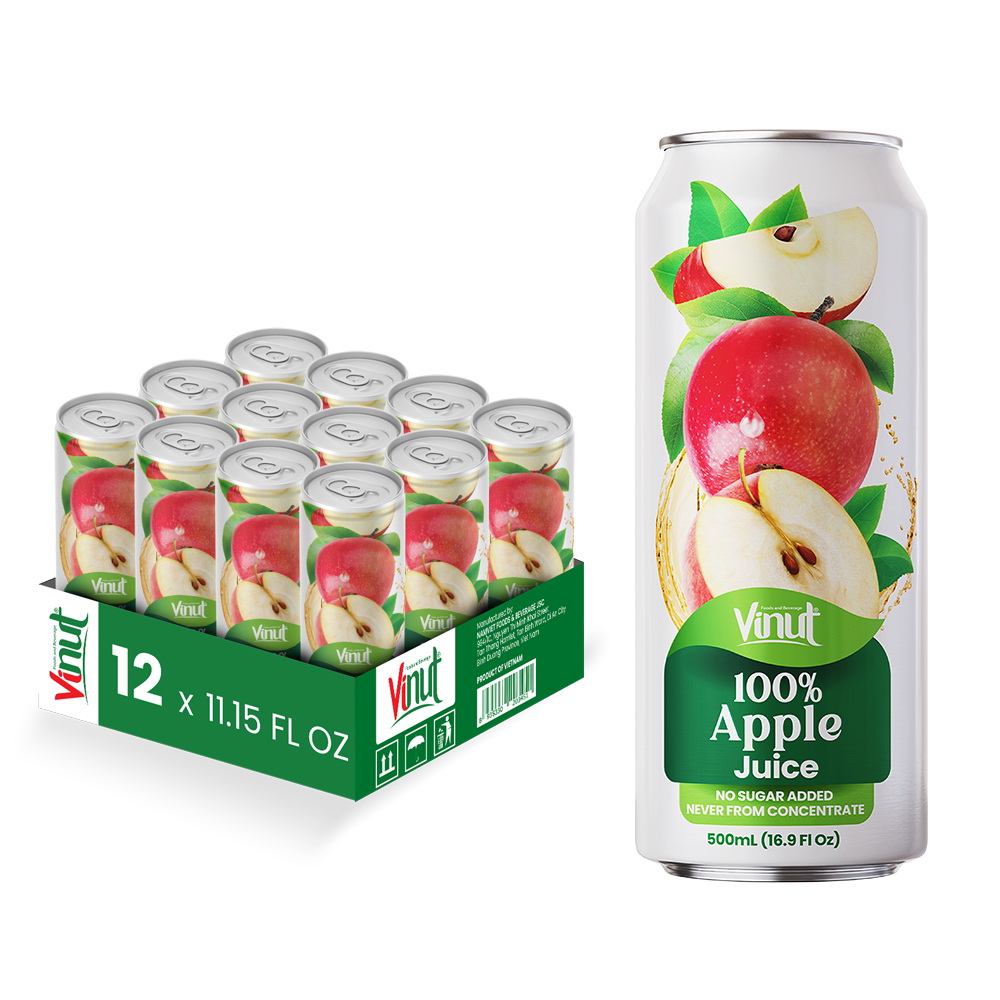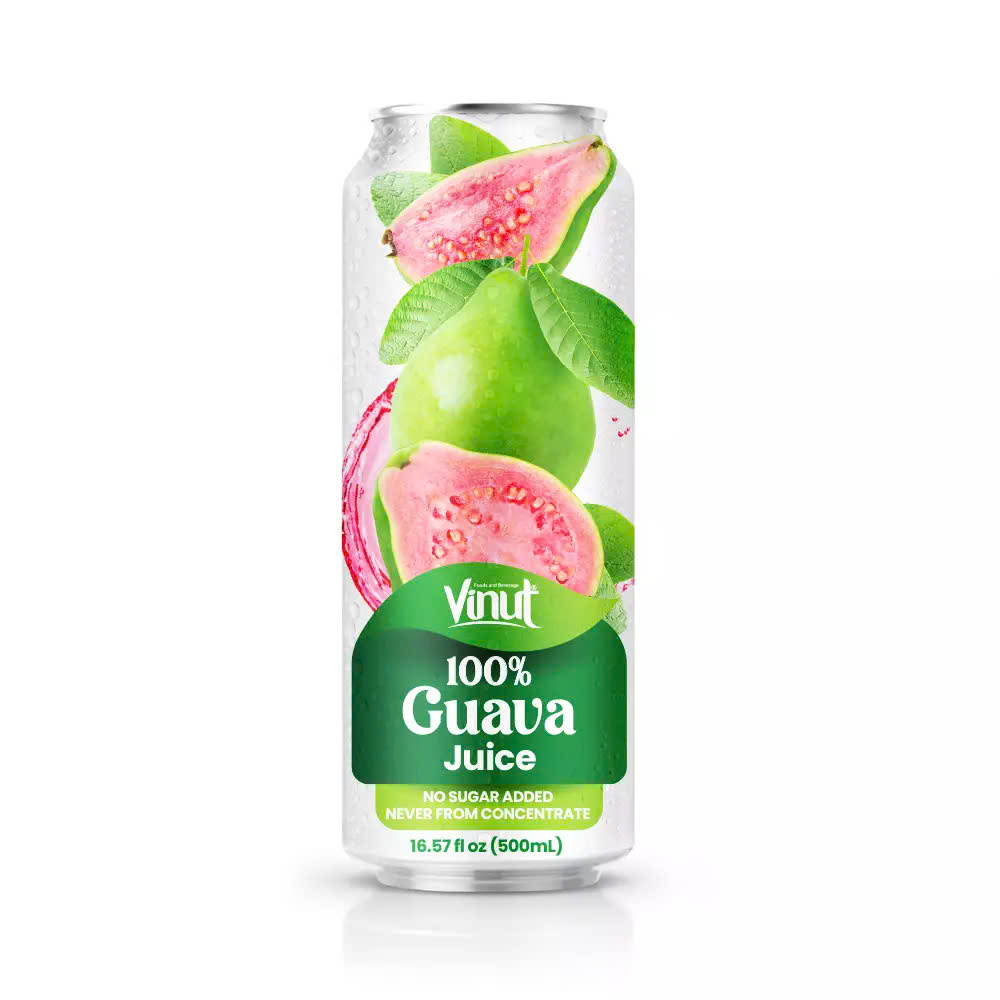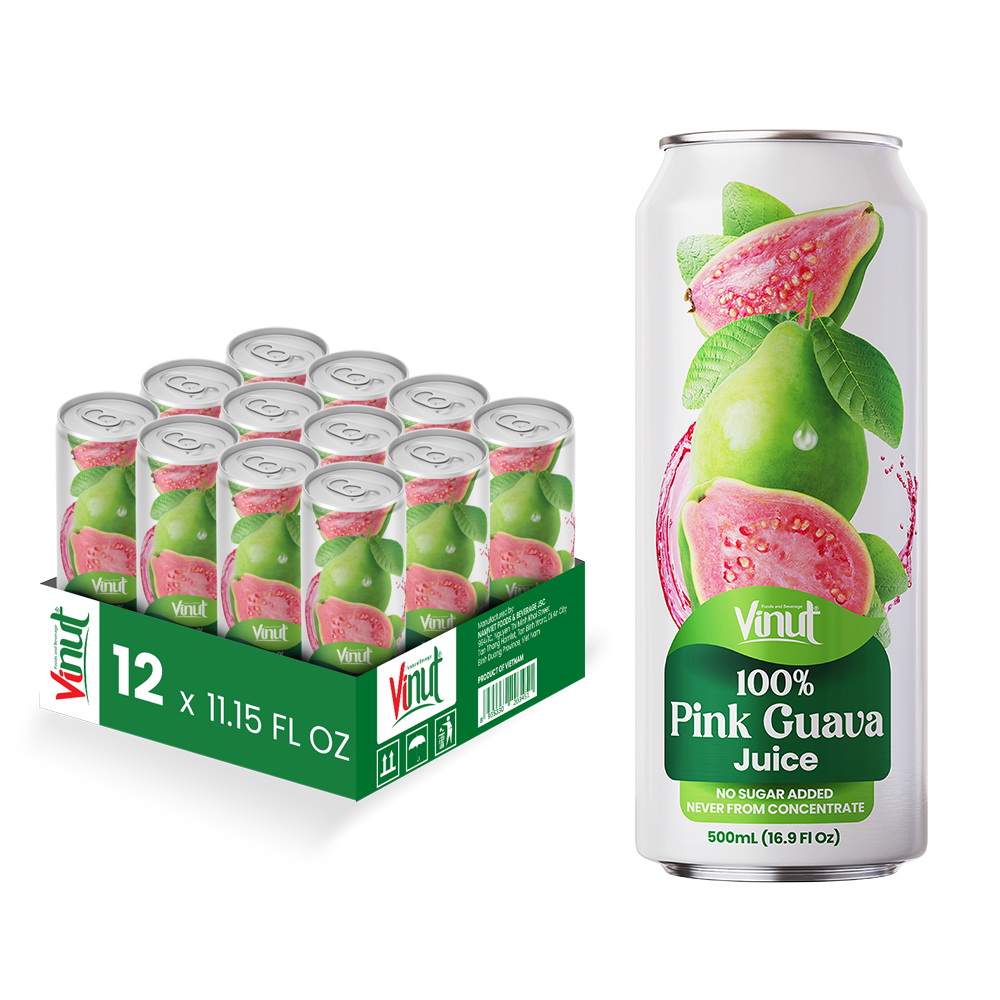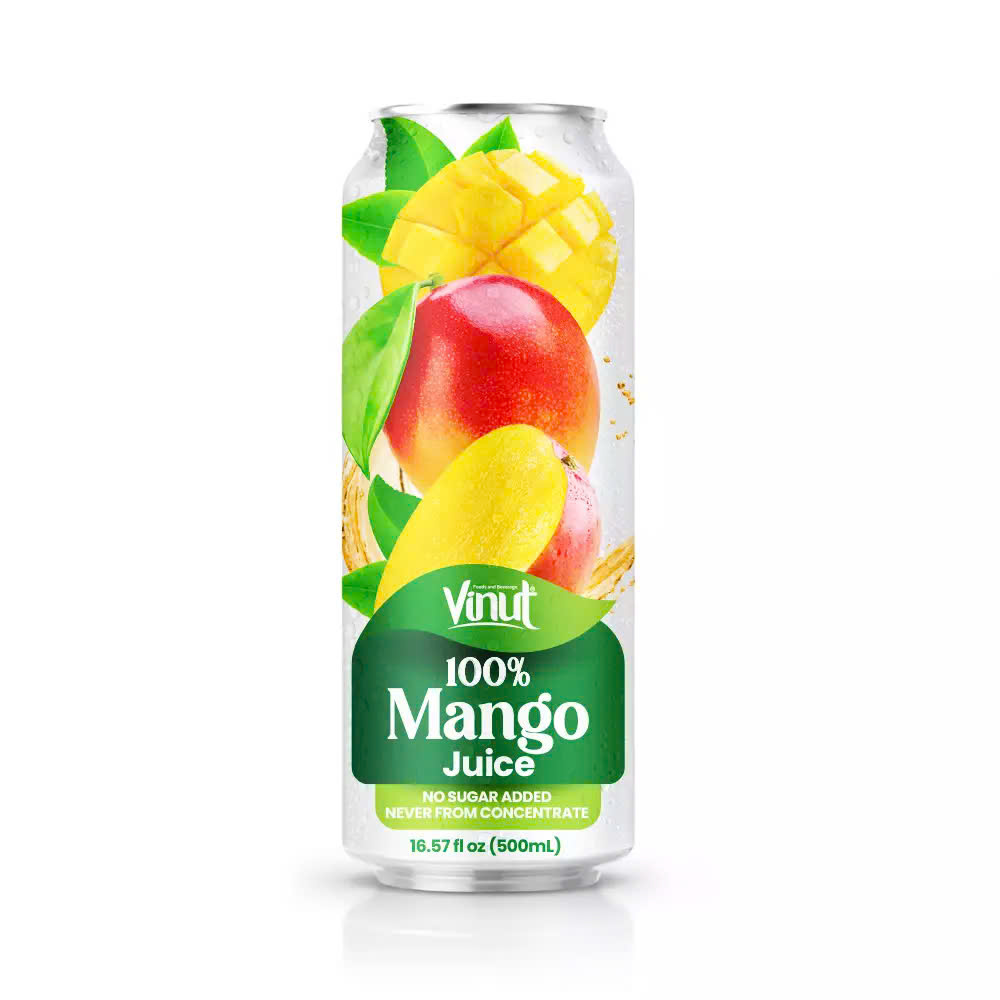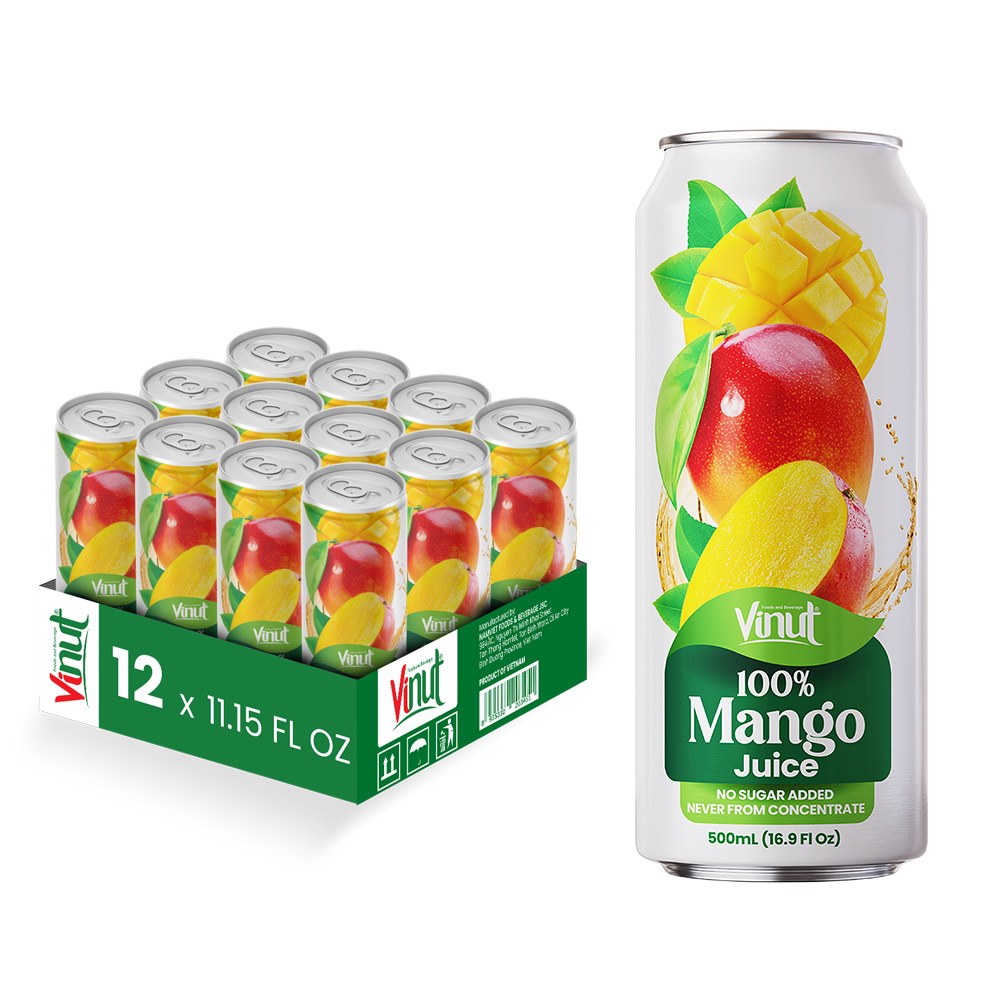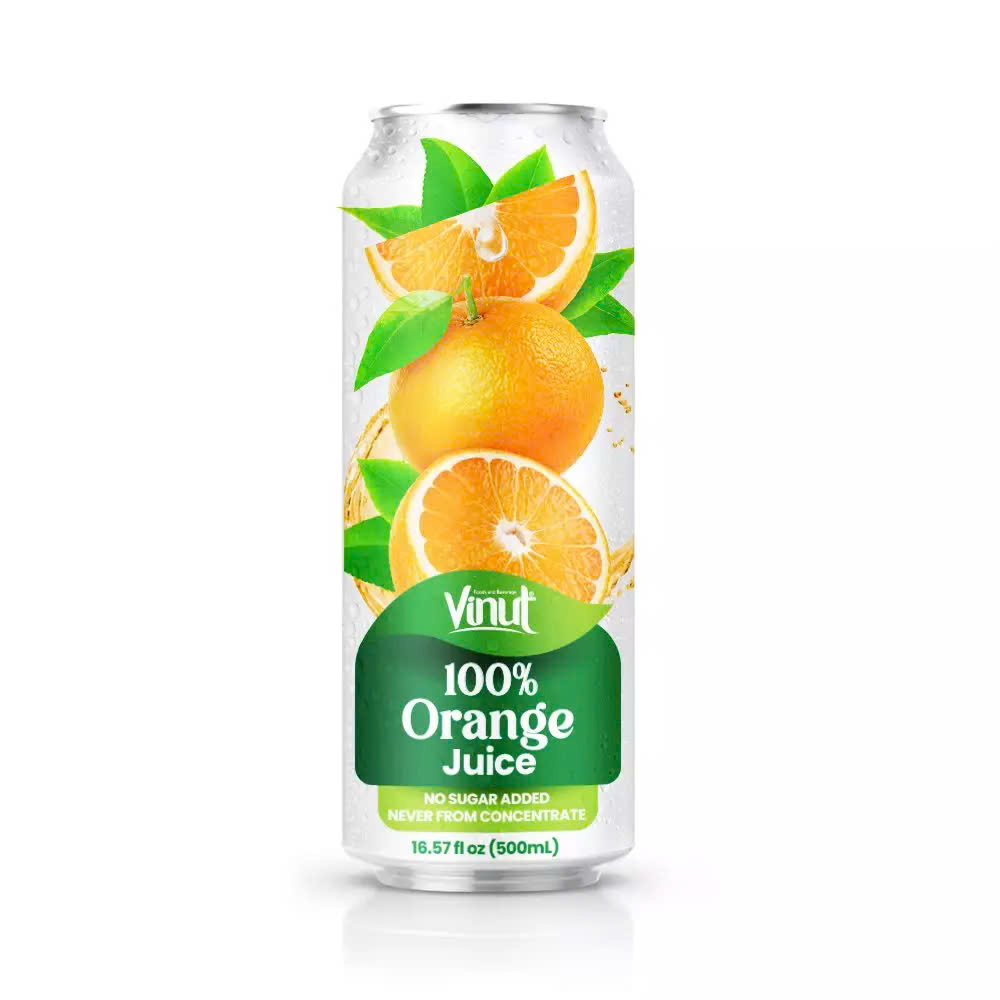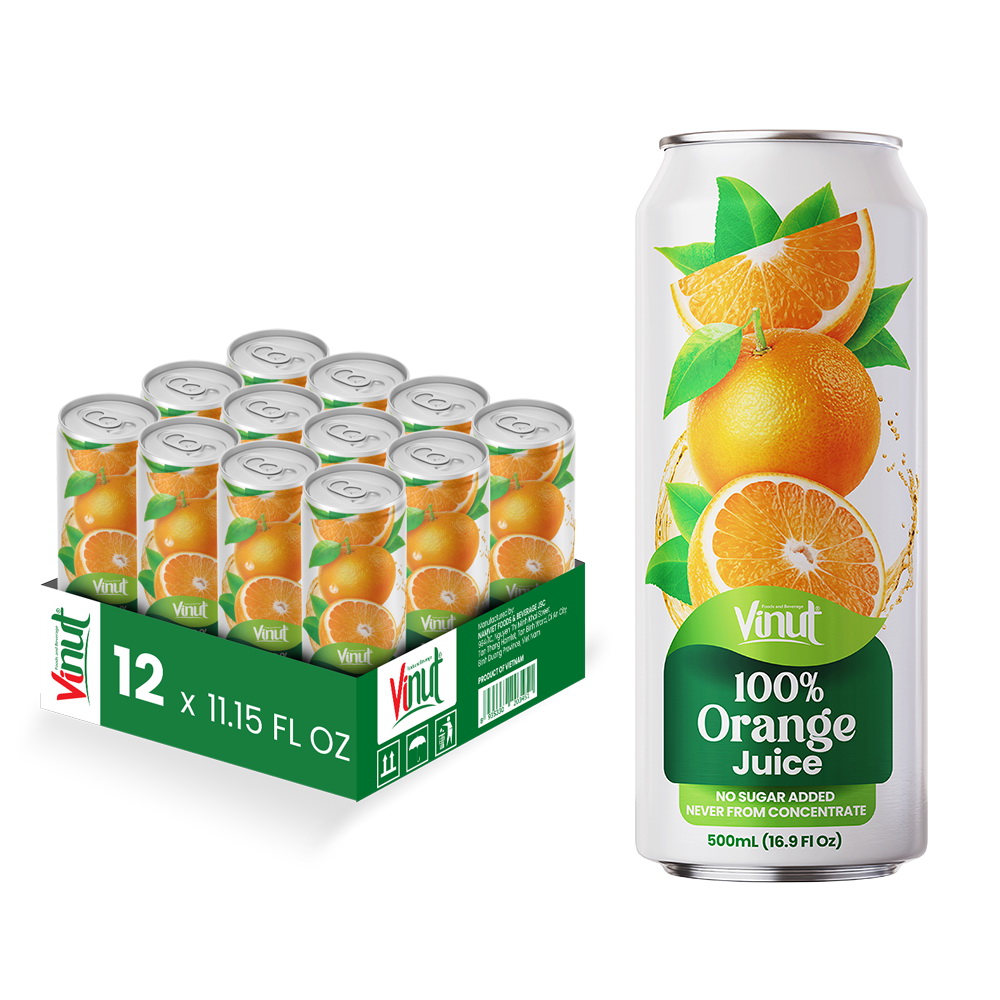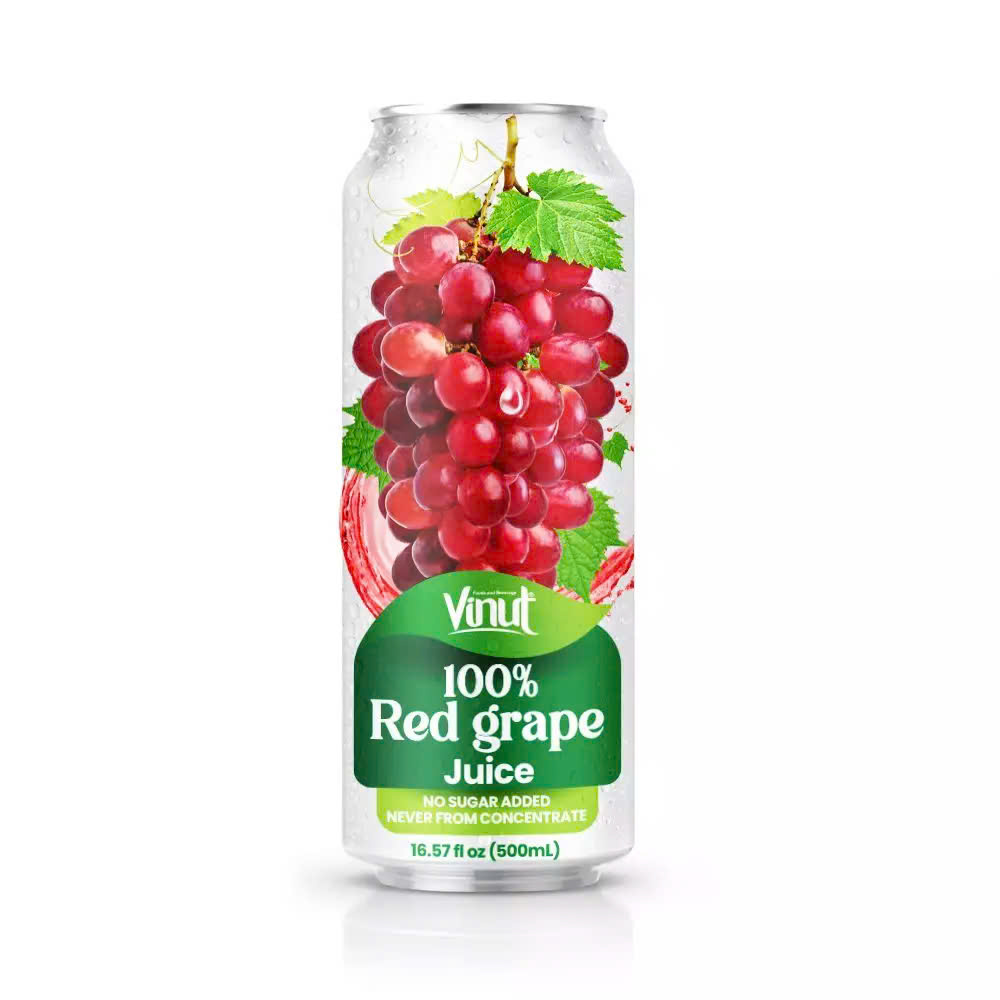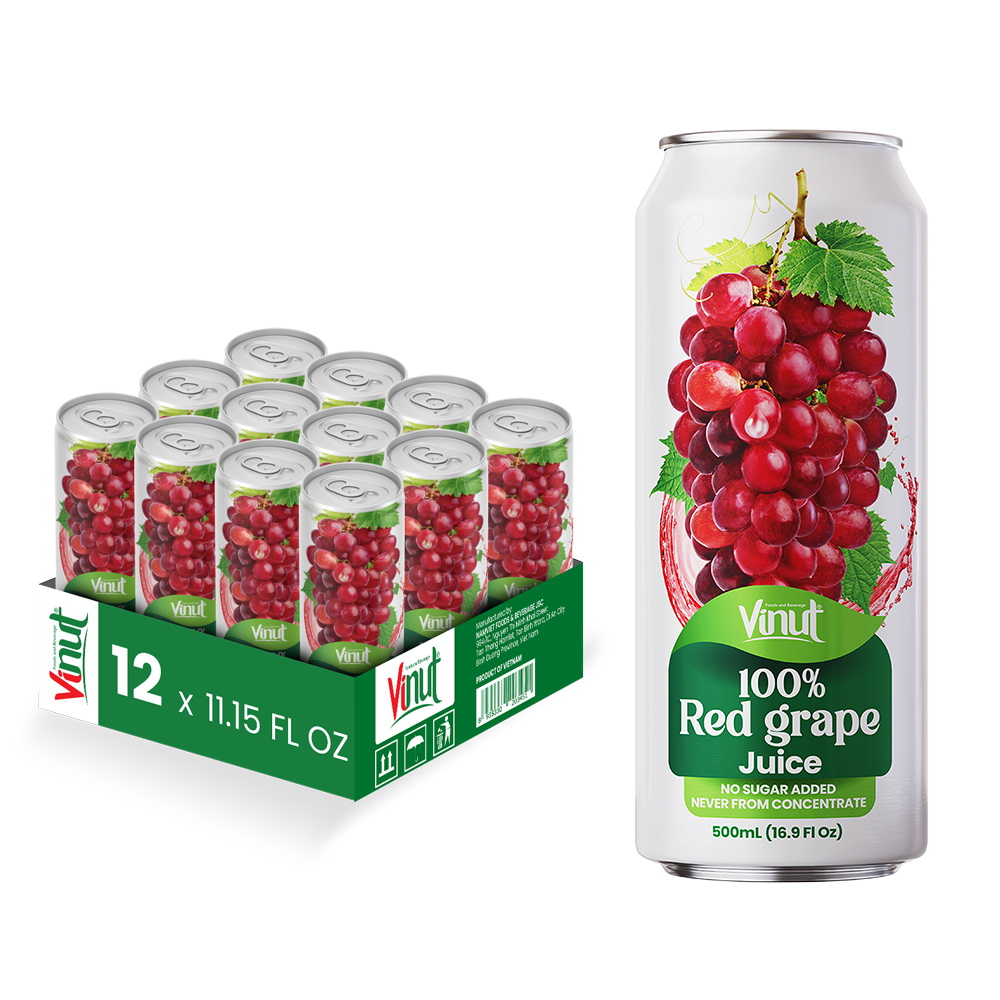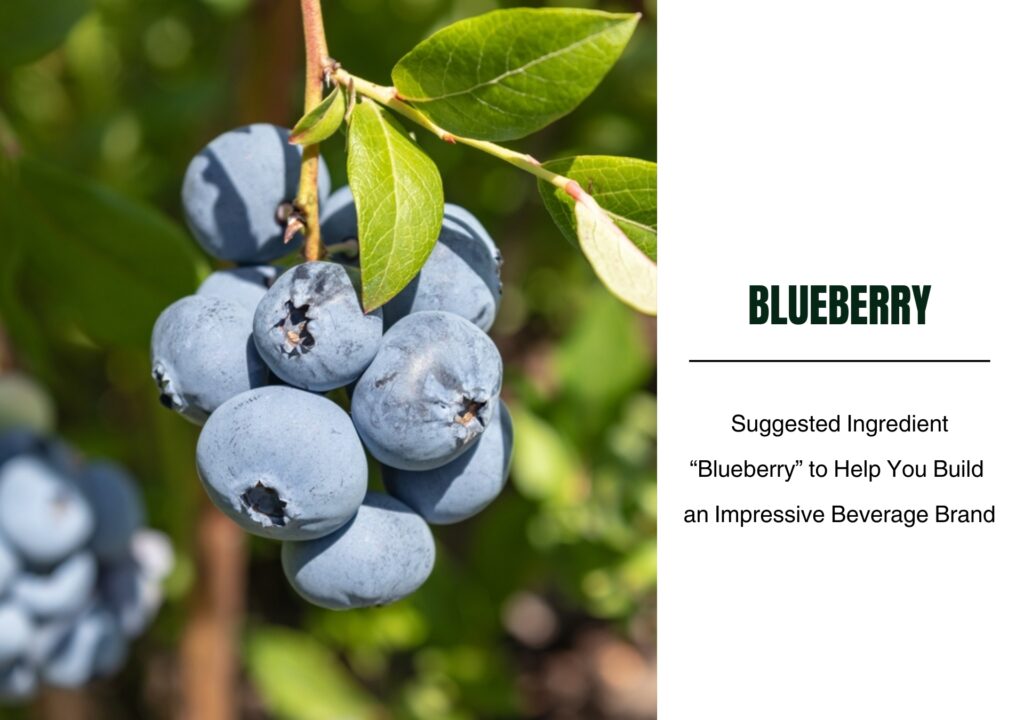
BLOG
Is Apple Juice Good for Kids? Nutritional Facts Every Parent Should Know

Apple juice is a beloved beverage among children, often considered a refreshing, nutritious option to hydrate and energize. But as a parent, you might wonder: Is apple juice really good for kids? What nutritional benefits does it provide, and how much should kids drink? In this article, we will explore the health benefits, nutritional profile, and expert recommendations to help you decide whether apple juice is a healthy choice for your child.
Nutritional Profile of Apple Juice
Apple juice is packed with essential nutrients that can support your child’s growth and development. Here’s a look at the key components of apple juice:
Vitamins and Minerals in Apple Juice
Apple juice is an excellent source of vitamin C, a powerful antioxidant that helps support the immune system. Vitamin C also aids in the absorption of iron and promotes healthy skin. Additionally, apple juice contains potassium, an essential mineral that helps regulate fluid balance and supports muscle and nerve function. Fiber is another nutrient found in apple juice (especially when consumed with pulp), which promotes healthy digestion.
Sugar Content in Apple Juice
One of the main concerns about apple juice is its sugar content. While apple juice contains natural sugars from the fruit, many commercial apple juices also add extra sugars to enhance flavor. Be sure to check the label for "no added sugars" to ensure that you're providing your child with a more natural option. Natural sugars are generally better than added sugars, but moderation is key to avoid excessive calorie intake or sugar spikes.
Calories and Energy
A glass of apple juice can provide a quick energy boost, especially for active kids. While it offers a good amount of calories, it’s important to balance apple juice with other parts of a child’s diet, such as whole fruits, vegetables, and protein-rich foods, to ensure they’re getting a well-rounded, nutritious diet.
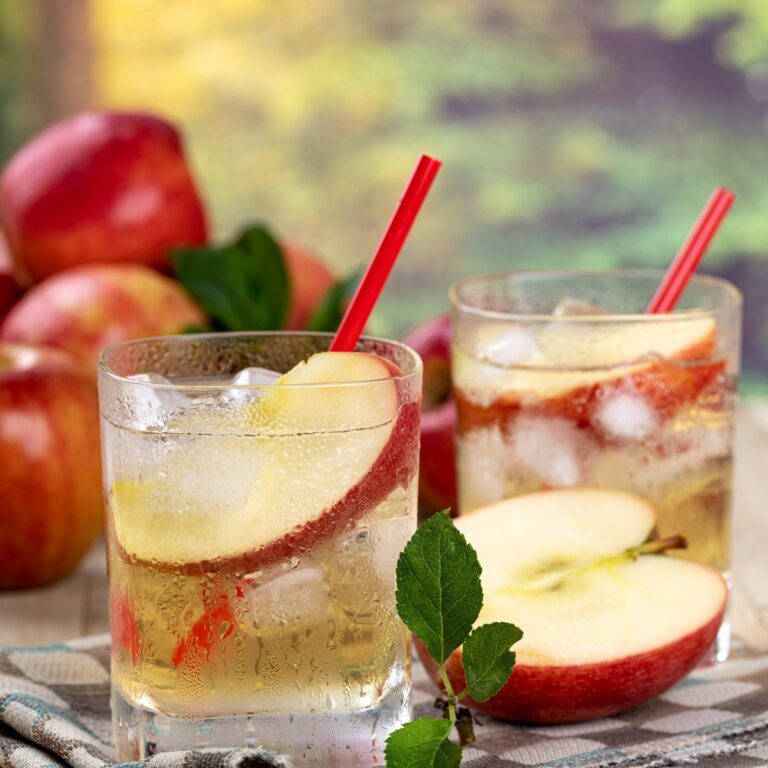
Health Benefits of Apple Juice for Kids
Apple juice is more than just a tasty drink—it offers several health benefits for kids. Here’s how it contributes to their well-being:
Boosts Immune System
Rich in vitamin C, apple juice helps strengthen your child’s immune system, protecting them from colds and infections. Drinking apple juice regularly can support your child’s ability to fight off illnesses and promote overall health.
Supports Digestive Health
Apple juice, particularly when it contains fiber, plays an important role in digestive health. Fiber helps regulate bowel movements and prevents constipation, ensuring that your child’s digestive system functions smoothly. Fiber also aids in nutrient absorption, making it a beneficial addition to your child’s diet.
Promotes Hydration
With its high water content, apple juice is a great way to keep your child hydrated. Proper hydration is crucial for maintaining energy levels, cognitive function, and overall health. Apple juice can be a flavorful way to keep kids drinking fluids, especially if they’re not fond of plain water.
Rich in Antioxidants
Apple juice contains antioxidants that help protect your child’s cells from damage caused by free radicals. These antioxidants can reduce inflammation, support brain function, and help prevent chronic conditions as they age. The polyphenols in apple juice, especially those found in the skin of the apple, can provide additional health benefits.
How Much Apple Juice Should Kids Drink?
While apple juice offers many benefits, it’s essential to be mindful of portion sizes. Drinking too much apple juice can lead to excessive sugar intake and an increase in empty calories. Here are some general guidelines to help you determine the right amount of apple juice for your child:
Recommended Serving Sizes by Age
- Toddlers (1–3 years): 4 ounces (120 ml) of apple juice per day.
- Preschoolers (4–6 years): 4–6 ounces (120–180 ml) of apple juice per day.
- Children (7–18 years): 6–8 ounces (180–240 ml) of apple juice per day.
Potential Risks of Excessive Consumption
While apple juice can be beneficial, drinking too much can contribute to tooth decay due to its natural sugars. It can also lead to weight gain if consumed in excess, especially if it replaces other, more nutrient-dense beverages like water or milk. Moderation is key, and it’s important to balance apple juice with other healthy food and drink options.
Balancing Apple Juice with a Healthy Diet
Apple juice should be viewed as a part of a balanced diet, not a substitute for whole fruits. Whole apples provide fiber, while juice tends to lack this important nutrient. Encourage your child to eat whole fruits alongside apple juice to maximize their intake of essential nutrients.
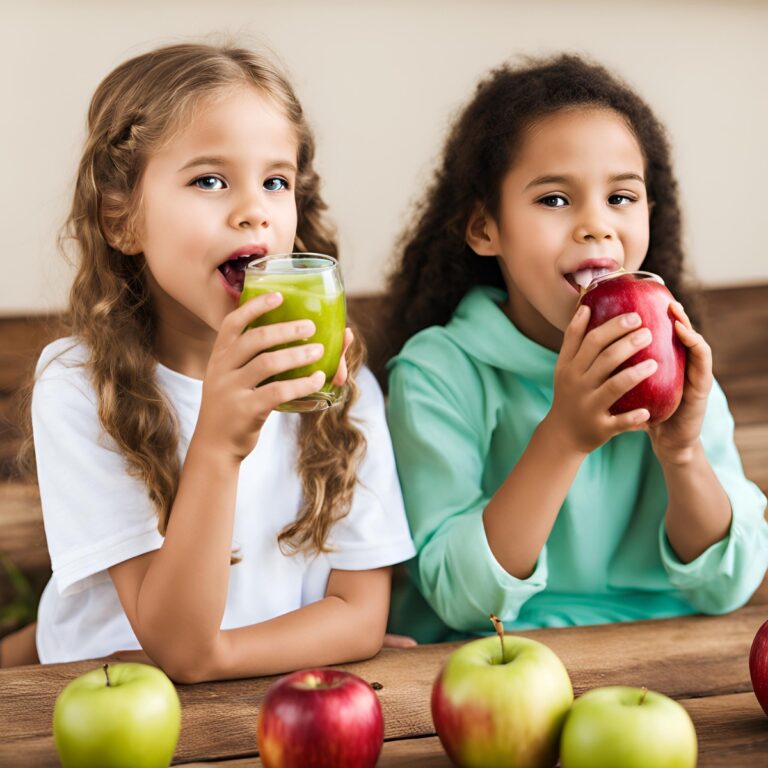
Best Ways to Serve Apple Juice to Kids
When it comes to serving apple juice, there are plenty of options to enhance the taste and nutritional value. Here are some tips to help you make the healthiest choice for your child:
Fresh vs. Store-Bought Apple Juice
While store-bought apple juice is convenient, fresh homemade apple juice offers the advantage of no added sugars or preservatives. Making apple juice at home allows you to control the ingredients and avoid excessive sugar. You can use organic apples to reduce exposure to pesticides and add an extra layer of health benefits.
Adding Healthy Extras
To further boost the detoxifying properties of apple juice, consider adding ingredients like fresh lemon juice, a slice of ginger, or mint leaves. These additions can enhance the flavor while offering even more health benefits, such as improved digestion and increased vitamin C.
Avoiding Added Sugars and Artificial Ingredients
Look for apple juice that contains "100% pure juice" and no added sugars, preservatives, or artificial flavors. Many commercial apple juices contain high amounts of added sugar, which can negate some of the health benefits. Choose options with no added sugar whenever possible.
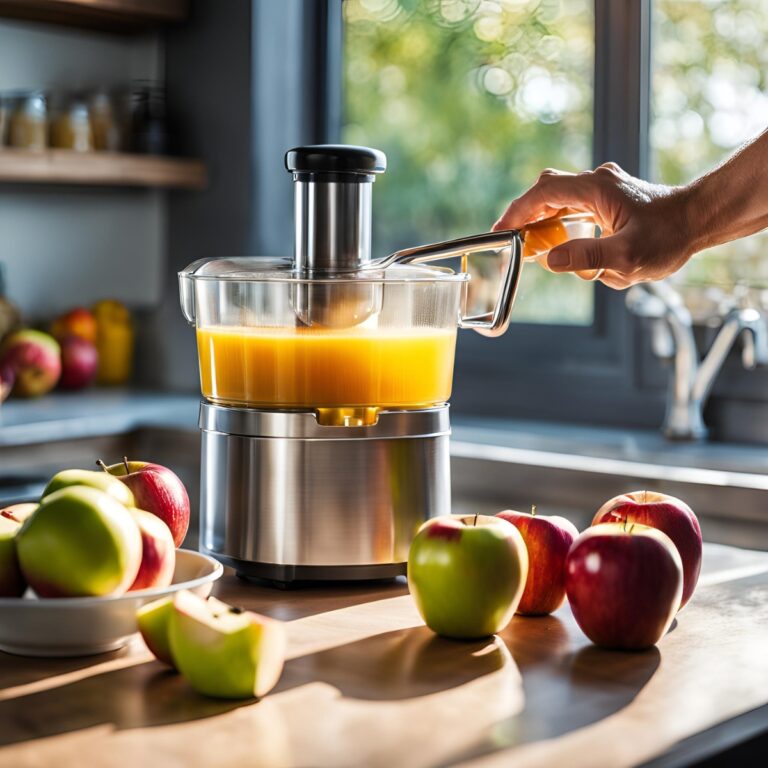
Is Apple Juice Suitable for Kids with Allergies or Health Conditions?
Apple juice is generally safe for kids with common food allergies, as it is naturally gluten-free and dairy-free. However, it’s important to be cautious if your child has specific health conditions.
Considerations for Kids with Allergies
For children with apple allergies (though rare), apple juice should be avoided. Always check for any allergic reactions when introducing new foods or drinks.
Apple Juice and Specific Health Conditions
If your child has diabetes, obesity, or is at risk for weight gain, it’s essential to limit their intake of apple juice due to its sugar content. In such cases, it’s best to consult a pediatrician to determine the right balance of fruit juices in their diet.
Consulting a Pediatrician
If you have concerns about how apple juice may affect your child's health, especially if they have a medical condition, it’s always a good idea to consult a healthcare professional for personalized advice.
Conclusion
Apple juice can be a healthy and hydrating option for kids, offering a variety of essential nutrients like vitamin C, potassium, and antioxidants. When consumed in moderation, it can provide numerous health benefits, from boosting immunity to supporting digestion. However, it’s important to be mindful of portion sizes and to choose natural, 100% apple juice without added sugars or artificial ingredients. Balance apple juice with a healthy diet that includes whole fruits, vegetables, and water for optimal health benefits.


